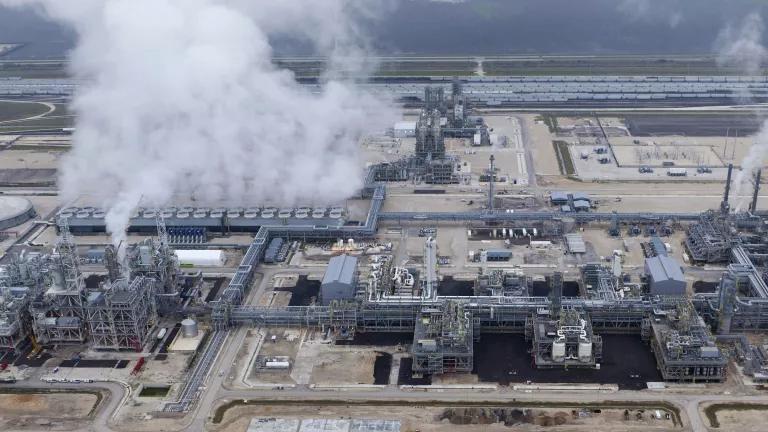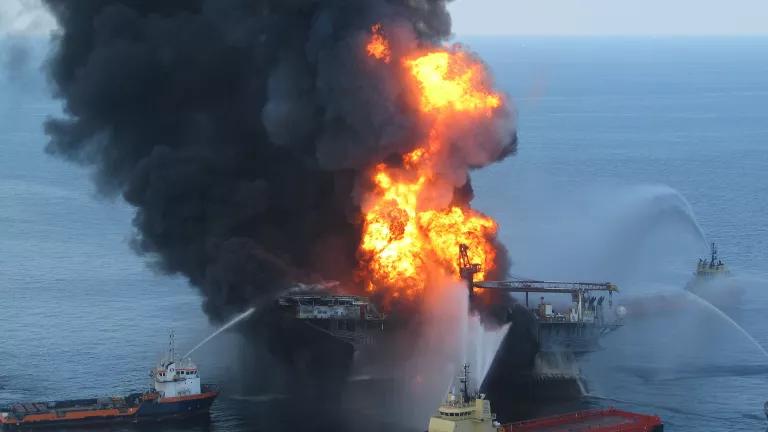Goldman Sachs report finds that Keystone XL tar sands pipeline is linchpin for tar sands production
In a report released last week, Goldman Sachs painted a clear picture outlining why Keystone XL is a linchpin for tar sands production and the significant climate emissions associated with it. NRDC and Oil Change International summarize Goldman Sachs’ key findings in the following backgrounder. In short, Goldman Sachs finds that without Keystone XL, lower tar sands prices and higher transport costs will result in the cancelation or deferment of tar sands expansion projects. Contrary to the State Department’s findings, Goldman Sachs concludes that rail is not a feasible alternative for the tar sands pipeline due to higher costs as well as technical and logistical barriers. In its environmental review, State must recognize what the tar sands industry, the financial sector and the environmental community agree upon – that without Keystone XL, tar sands expansion and the climate impacts associated with it will be significantly reduced. On the basis, the President should reject the Keystone XL tar sands pipeline as a project that locks the U.S. into decades of dirtier fuel and increased climate emissions.
The Goldman Sachs report is the latest in a number of major developments demonstrating the intellectual bankruptcy of the argument that tar sands expansion, and the climate impacts associated with it, are inevitable. Last week, British Columbia formally rejected the Northern Gateway tar sands pipeline proposal, putting yet another nail in the coffin in the argument that without Keystone XL tar sands will be sent across Canada’s West Coast. Meanwhile Canada’s RBC Dominion Securities concluded that a rejection of Keystone XL would reduce investment in tar sands expansion by $9 billion over the next seven years. Finally, Goldman Sachs’ analysis supports a Reuters investigation showing that while light crude from North Dakota and Canada is being moved by rail, very little tar sands is shipped by rail. Goldman Sachs observes the same logistical obstacles NRDC has repeatedly cited which make it unlikely that rail will provide an economically feasible alternative for tar sands in the absence of Keystone XL.
The time has come for all parties to agree with the facts on this point – the proposed Keystone XL tar sands pipeline is critical for the tar sands industry’s expansion plans and the significant climate impacts associated with it.
The question before the Obama Administration is whether a project that will increase the production of the most carbon intensive transportation fuel on the planet is consistent with its inaugural commitment to promote policies that address climate change:
We will respond to the threat of climate change, knowing that the failure to do so would betray our children and future generations.
President Barack Obama, January 21st, 2013




